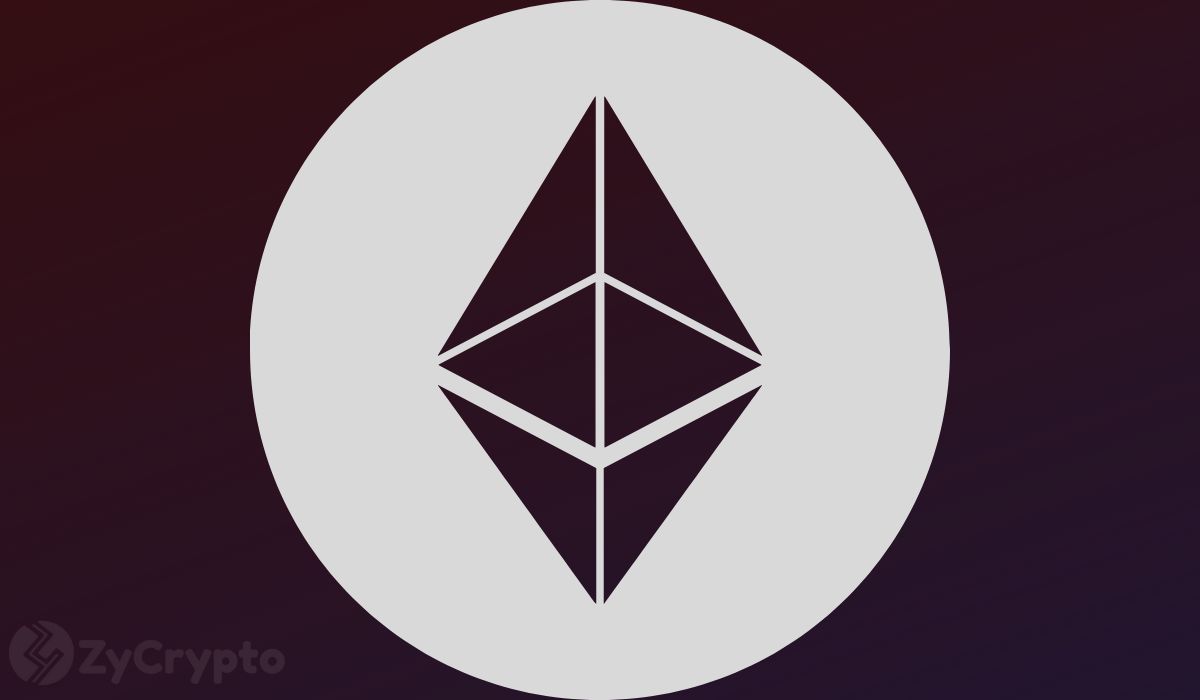
Crypto expert and former Ethereum advisor Steven Nerayoff has raised concerns about the degree of Chinese influence and control in the Ethereum ecosystem. Nerayoff argues that the outsized control of tokens by the Chinese Communist Party poses a significant threat to the entire cryptocurrency sector.
China’s Deep Ties With Ethereum
Steven Nerayoff has highlighted the deep involvement of the Chinese Communist Party (CCP) in the Ethereum network.
In a post on X, Nerayoff argued that crypto fans are ignoring a glaring pattern with the CPP and ether’s deep-seated vulnerabilities. The former Ethereum executive revealed that the Chinese Communist Party’s “stake in Ethereum jeopardizes the entire crypto world”.
Nerayoff’s comments echoed the investigative findings of cyber sleuth TruthLabs. As per TruthLabs, the CPP holds up to 66.6% of all ETH in circulation. If this claim is true, this massive concentration of ETH in wallets associated with the Chinese government increases the risk of a centralized attack on the Ethereum network. Moreover, it undermines the blockchain’s credibility as a decentralized ecosystem.
In Nerayoff and TruthLabs’ opinion, the U.S. Securities and Exchange Commission (SEC) as well as the Commodity Futures Trading Commission (CFTC) have both been compromised.
But crypto enthusiasts keep overlooking a crucial truth: The CCP’s stake in Ethereum jeopardizes the entire crypto world. It’s inevitable. Ethereum has vulnerabilities—that’s a fact. The SEC and other entities are compromised. We can’t ignore this; we must confront the… https://t.co/LNpPCRJYsw
— Steven Nerayoff (@StevenNerayoff) February 8, 2024
This is after Prometheum, the only American registered securities platform, announced this week that it would start to custody ETH as its first digital asset. Prometheum, deeply involved with Chinese conglomerate Wanxiang Group, was already the first and only special-purpose crypto broker-dealer after securing unique approval from the SEC.
“Prometheum’s declaration of ethereum as a security extends beyond regulatory semantics; it’s a move by entities with deep CCP ties, aiming to control the narrative and the crypto space,” Nerayoff further remarked, adding:
“The silence on this matter, especially from figures like @GaryGensler, only deepens the intrigue. Our very own Chair of the SEC, Gensler, gave @PrometheumInc an unprecedented “magic bullet” license that effectively allowed them to declare ETH a security.”
How Deep Does The Chinese Connection Go?
Ethereum has cemented its position as the go-to smart contract platform, with an exceptional array of decentralized finance and non-fungible token projects built atop it. But, for understandable reasons, lingering concerns abound regarding just how decentralized the Ethereum network really is.
Ethereum’s China links are not breaking news. Besides holding huge chunks of ETH, the personal interest of Ethereum founder Vitalik Buterin in all things Chinese is well-documented. Buterin strived to learn Chinese as early as January 2014. Furthermore, the crypto poster child aspired to issue a Chinese-language version of the Ethereum white paper in January 2015, roughly six months before the network’s mainnet launch in July of the same year.
Buterin was named Wanxiang Blockchain Labs’ chief scientist when the company was established in the second half of 2015. A 2016 Facebook post mentioned Buterin as one of WBL’s co-founders, along with Xiao and Bo Shen — co-founders of the Bitshares decentralized exchange.
That being said, any blockchain network proclaiming decentralization credentials must pinpoint and tackle centralization any risks seriously. For Ethereum, offering clarity on its ties with Chinese entities is a key first step.





















